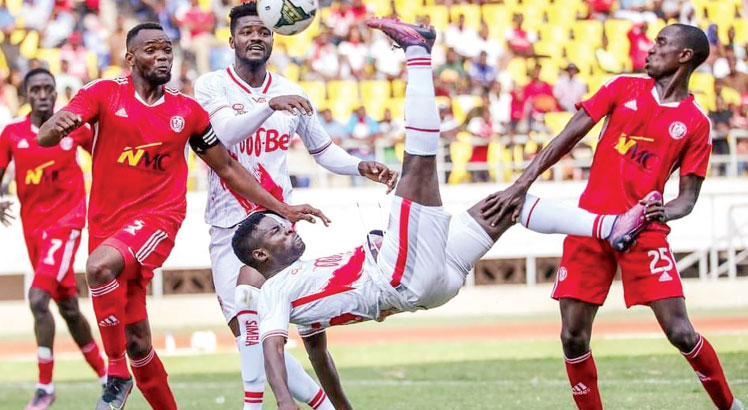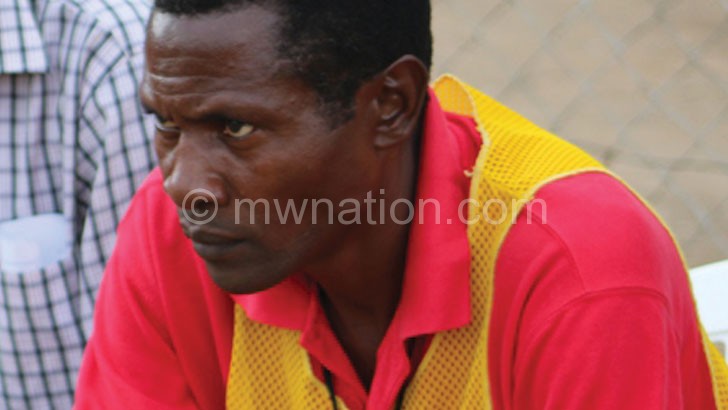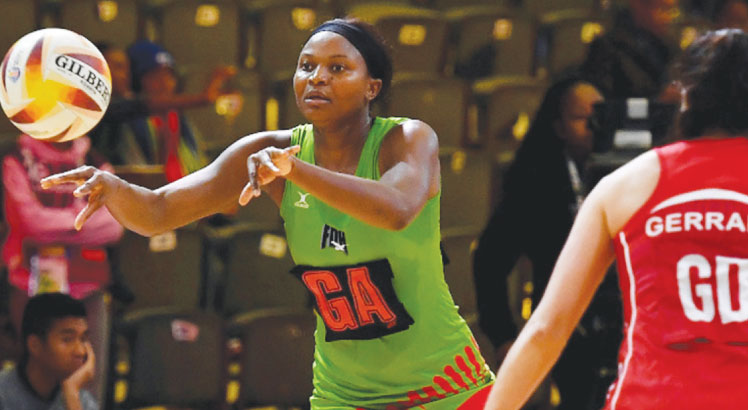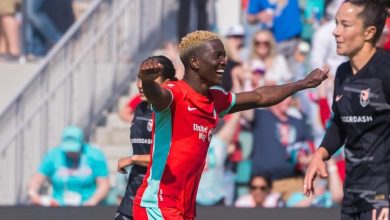Financial problems hit clubs hard
The tough economic environment the country is experiencing has not spared the football fraternity and some financially struggling TNM Super League clubs want Sulom to ensure that more revenue trickles down to them.
Karonga United owner Alufeyo Chipanga said time has come for Sulom to do some soul-searching and take drastic measures to protect clubs’ interests.
“I spend about K80 million per season for my club to fulfil all fixtures. But what do I get in return? Nothing. There is no revenue from broadcasting rights. Super League of Malawi [Sulom], Football Association of Malawi [FAM] and Malawi National Council of Sports all want a cut from gate revenue.

“Yet just across the border in Tanzania, all participating teams in their top-flight league get an equivalent of K30 million per season as a starter pack. Here we get K1 million from TNM, then we have to pay K1 million to FAM as surety for participating in the league as well as registration fee to Sulom,” he said.
For the first time in the history of TNM Super League, three fixtures failed to take place just half way into the season.
Masters Security failed to play at their own backyard while TN Stars failed to travel to Karonga to play two matches and have all forfeited points and fined K1.5 and K3 million, respectively.
Sulom has also threatened to ban the two clubs from participating in the league.
However, TN Stars communication and operations director Wisdom Chimgwede said Sulom has a responsibility to serve the interests of its affiliates—the clubs—and that so far, the league runners have not done a good job.
“It’s a punishment running a football club in Malawi. While you grapple with all sorts of costs; FAM, Sulom and others, including government through Malawi National Council of Sports, want a share from the same meagre gate collections. We need over K60 million to survive in a season and yet as a starter pack, we get a mere K1 million from league sponsors [TNM]. For what, we don’t know,” he said.
Chimgwede also observed that Super League clubs are divided into those that have sponsors and those that do not have, which has led the clubs to fail to speak against the practice with one voice.
“In fact, most of the ‘have’ would rather see the ‘have nots’ out of the way. You see some level of selfishness. The ‘we deserve it not them’ thinking,” he said.
But football marketing consultant and analyst Felix Ngamanya Sapao noted that Super League challenges are from failure to invest in Malawi football.
“I was in Tanzania on and was fortunate to witness the unveiling of the league sponsorship from Vodacom. They have pumped in 9 billion [Tanzania] shillings for three years [$3.9 million]. That is simply $1.3 million per year. Zimbabwe has a $1.6 million sponsorship of the top-flight league from Castle Lager while Zambia has a $1.5 million deal with MTN. Botswana has a 13 million pula [about $ 1.2 million] per year deal with Botswana Telecommunications Corporation (BTC).a football business-related trip
“Mocambola has a $900 000 league sponsorship, but with extras like clubs paying only 30 percent for flights and accommodation on away fixture. Yet our game has a sponsorship of an equivalent to $100 000,” he said.
Tulipo Mwenelupembe, a marketer based in Blantyre, also observed that football officials need to do more to market the sport.
“The thing is we are failing to create value around the league sponsorship in order to attract big money. Being a marketer, the first question I will ask [Sulom] is: What is my ROI [return on investment]? The league administrators need to create more value so that the sponsor also benefits. We only see ‘predict and win’ competitions.
Sulom president Tiya Somba Banda admits that there is need to do more so that clubs can survive the economic hardships.
“Football has evolved worldwide, from sponsorship-based to partnership model as the game is now an industry on its own. Take for instance the English Premier League, two seasons now without a sponsor. Not that there aren’t sponsors around, but the game is generating its own revenue more than what the sponsors are offering. Therefore, locally we need to take bold steps and look at our football as an industry that has to generate more of its own revenue.
“We need to do some soul-searching and start doing things differently in order to maximise revenues that we are generating in the game. Once we have a strong football brand, companies will flock to partner with football as they will be guaranteed of a vehicle that will increase the visibility of their products and services,” he said.
On broadcasting rights Somba Banda said Sulom is trying a new model after the old one faced challenges.
“Clubs get 80 percent of the broadcasting rights which is the biggest share across the region. The thing is the revenues generated from this stream isn’t as massive as it is in other countries across the region. We are working with FAM and other stakeholders in analysing a couple of models that we can improve in this area.
“The debate is on the pros and cons on exclusive rights model or the open to all model we are using. Improving the football brand as an attractive vehicle that companies have to spend their marketing budget on is critical in this regard coupled with the overheads that broadcasters spend on broadcasting the matches,” he said.
On gate revenue, the Sulom president said the challenge is on the high cost of paying service providers.
“The misconception that is there on gate revenue is the use of the word sharing, we need to understand that the better part of the gate revenue goes to paying service providers like security, cashiering firms etc. For instance, cashiering firms get seven percent of the gross revenues. We should start looking at minimising the costs we spend on these overheads.
“For instance, if clubs are able to manage their supporters and guaranteeing violence free games, we will not be spending a lot on security. If clubs can have well trusted structures to man the gates, the seven percent gross collections would be going directly to the clubs instead of a third party,” he said.
Despite the existing financial problems the country is facing Malawi football can survive, according to Somba Banda.
“Worldwide football has survived through the tough economic depressions and it keeps getting stronger and stronger. Even here in Malawi we once had a 10 year drought of league sponsorship but the league persisted and here we are,” he said.





